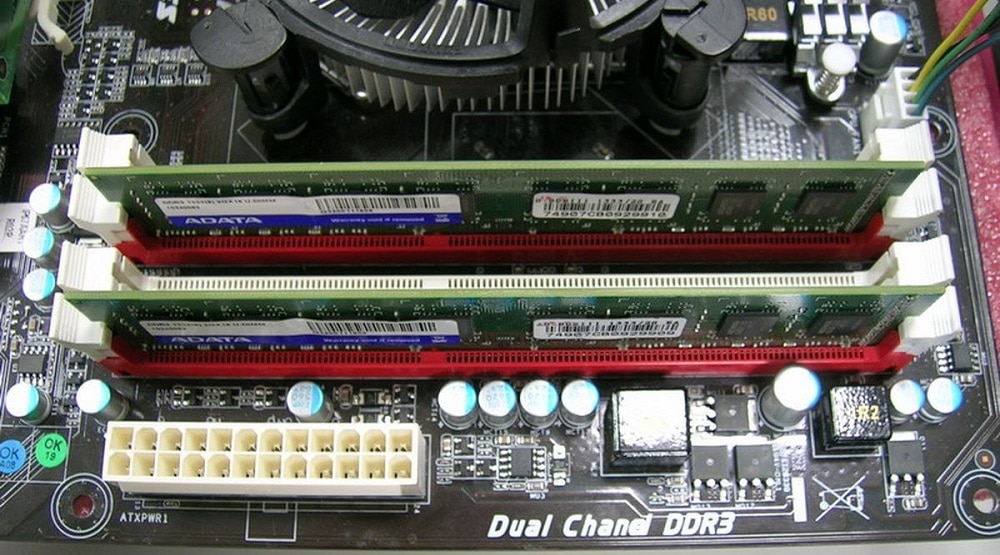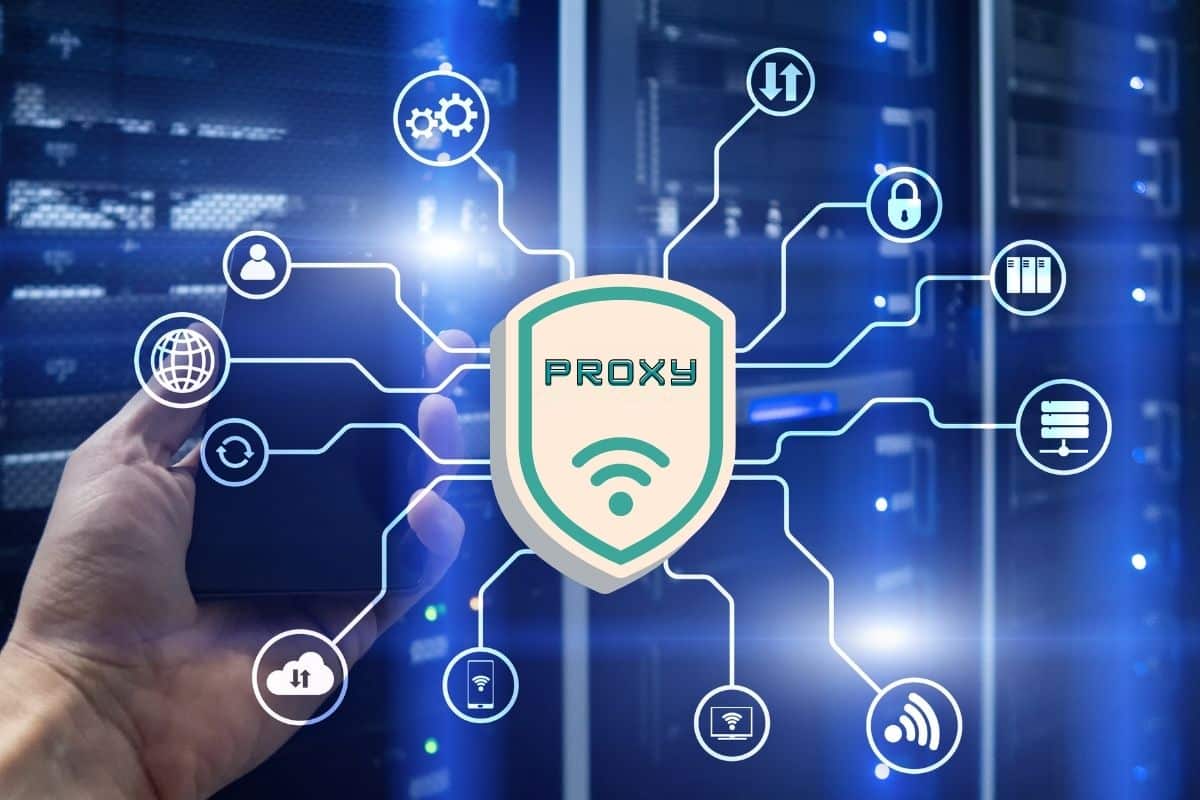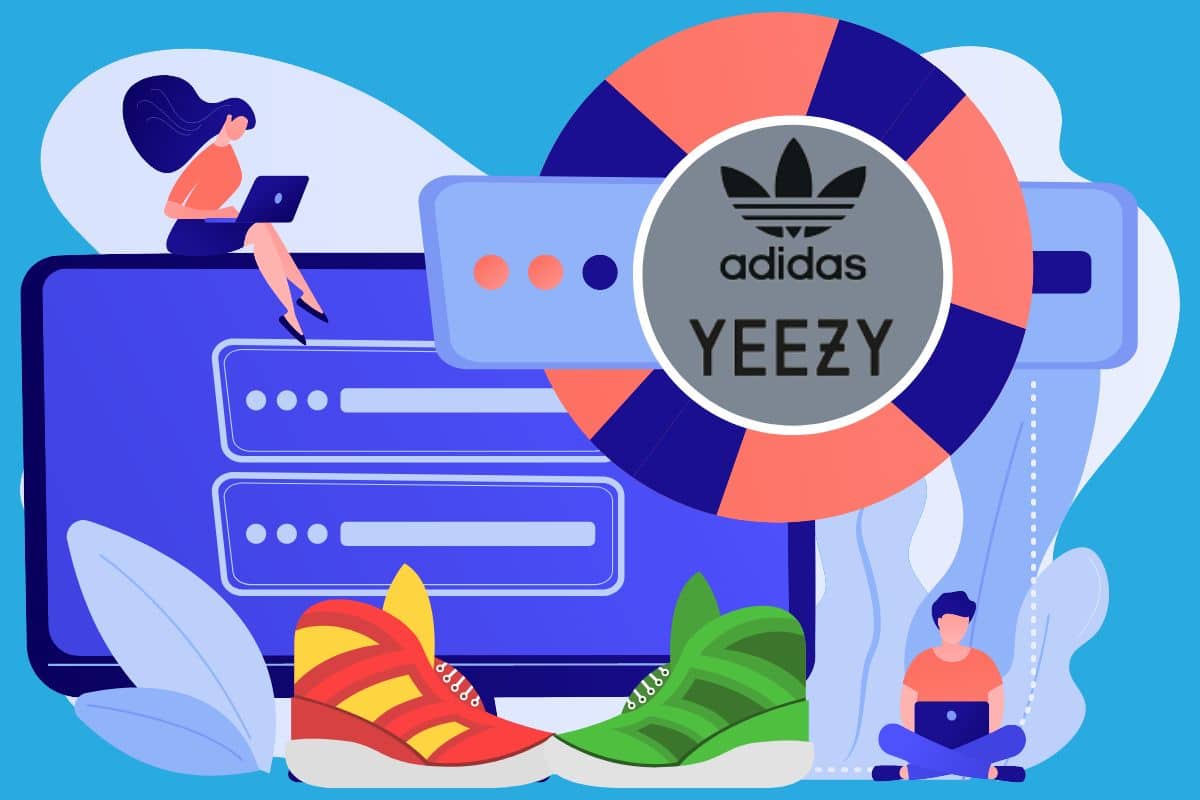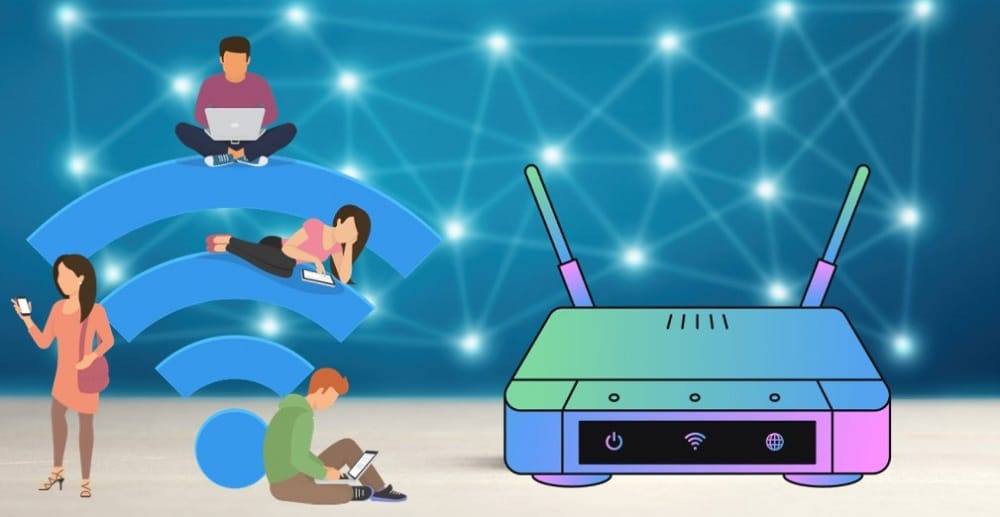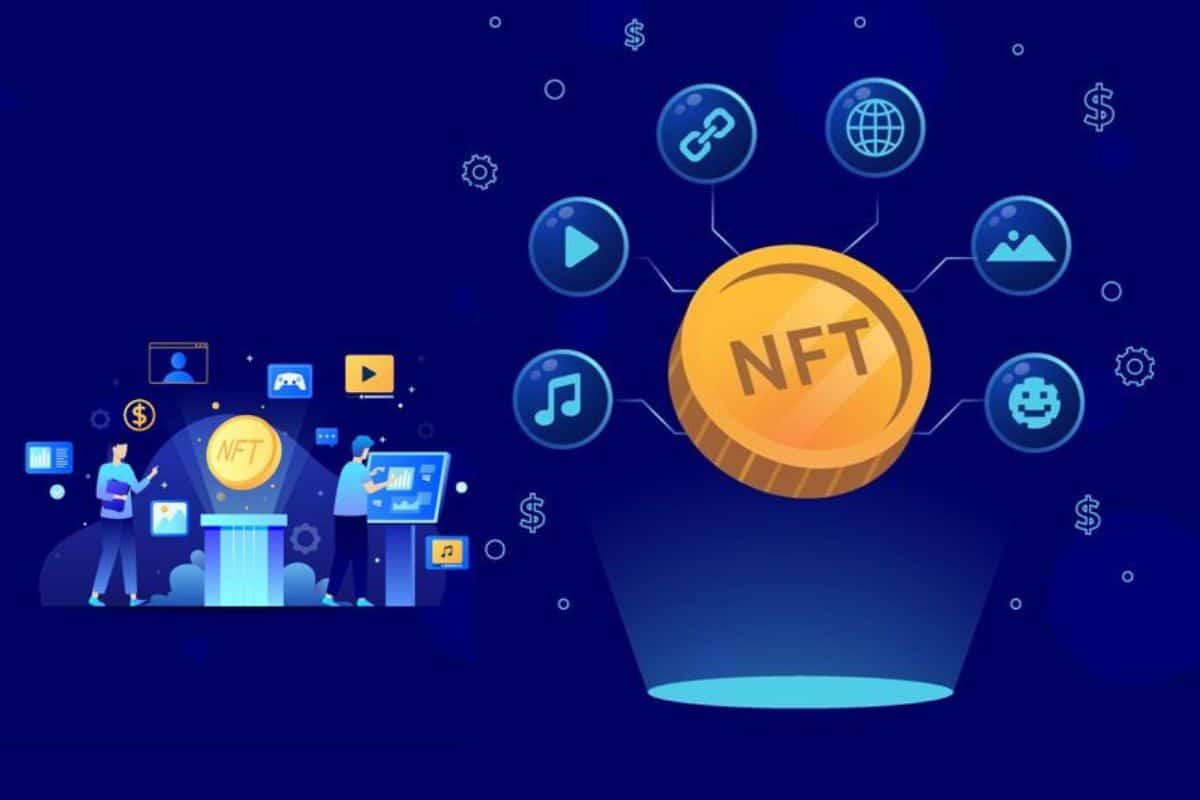What are the best proxies, and what should you look for when choosing a proxy provider? The answer depends on what you use proxies for.
So, let's go through some major proxy use cases and determine which proxies work best for you. We'll cover the best and worst providers overall, so stick to the end!
Best Proxies to Manage Multiple Social Media Accounts

If you're managing multiple social media accounts without proxies, you will get shut down quickly. Social media platforms like Instagram, Facebook, and Twitter are experienced in preventing automated activity. But if you use rotating proxies, you're not going to get far. So, the most important thing for you is the ability to hold sticky sessions.
Use residential or mobile proxies. Both borrow IPs from a real user, making it very hard for Instagram and others to block them. Mobile proxies are the best option, but they might be very expensive. Private datacenter proxies can still work for some tasks, like scraping social media, though we wouldn't recommend them.
Some great providers for social media management are Smartproxy and Shifter. Bright Data was another great choice, but we've heard they're no longer keen on renting proxies for social media use.
Best Proxies for Copping Sneakers Online

If you're looking for proxies for retail or, more specifically – sneakers, then you'll need residential IPs. Datacenter proxies used to be a good choice for sneaker copping. Not anymore. Many of the shoe sites have implemented strict security measures. So, the best options are residential proxies or static residential proxies.
Most sneaker sites today use queue-based systems. So, getting proxies that can hold the same IP is important. You should be looking at 10 minutes at least. You'll need your selected proxies to be near the store's server. For example, suppose the seller is located in the US. In that case, you'll need proxies from the States – ideally NY, Virginia, or Chicago. This will make your connection faster.
Speed is crucial for Supreme, where drops last a few seconds. It's less important for queue-based sites, but having fast proxies won't hurt. After extensive testing, our favorite sneaker proxy providers are Smartproxy, Soax, and Proxy-Cheap.
There are plenty of other specialized sneaker proxy providers out there. But most of them resell one of those three at a markup. So, why not go straight to the source?
Best ProxiesFor Web Scraping

Proxies for web scraping and SEO purposes must overcome Captchas and Google blocks. This means you need to have a large pool of unabused IP addresses. They need to hide your IP and not give away that you're using a proxy to scrape data. So, the proxy provider must have Anonymous proxies, ideally residential IPs. Datacenter proxies can be okay for smaller websites or if you know what you're doing.
Next, you might need to scrape local data. If so, choose a proxy provider that let's target local proxies and access data in numerous countries or cities. To scrape fast, you need to do many tasks at once. The provider should ideally offer unlimited connections.
You don't really need SOCKS proxies for scraping Google. So, save yourself the cost and possible compatibility errors, and go with HTTP(S). The proxy server should be stable, fast, and have good success rates. We understand that it's hard to measure performance by yourself, so we've made the tests for you.
Honorable mentions for web scraping and SEO proxy providers would be Bright Data, Shifter, ProxyRack,
The Overall Best Proxy Provider Servers

Are there any proxies that don't suit anyone or anything? Definitely, that's free proxies. Anything labeled “free” is often a trap – someone is getting something out of it. Most probably, it will be at your expense – your information might leak, you can get malicious ads, or your personal details might get stolen.
Over the years, we've tried many proxy providers. Most were good at certain tasks and weak at others. But some have shown continuous excellence, no matter what we throw at them. They consistently dominate our top proxy lists.
- The first place goes to Bright Data. – a premium proxy provider with reliable proxies and great customer service. It's the best option for large-scale scraping.
- The second best option is Smartproxy – it offers the same quality services as Bright Data, but for hustlers and smaller businesses, the second best option.
- And the third major proxy provider is Soax. It has various features and powerful proxy management tools for most business use cases.
In this article, you've probably heard the terms residential and datacenter proxies quite a few times. If they're not familiar to you, don't worry – we will cover them in detail below.
What's the Difference Between Residential & Datacenter Proxies?
Datacenter Proxies

Datacenter proxies (or DC proxies) are IP addresses from data center servers. Such IPs are not associated with internet service providers offering consumer services.
Datacenter proxies are fast and very stable. They're also relatively cheap – especially shared datacenter IPs. But they're also easy to block, so that you won't have a good experience with sites like Google or Instagram.
Residential Proxies

Residential proxies are internet service providers' IP addresses assigned to homeowners. In other words, they belong to someone's computer, phone, smart TV, or even internet-connected fridge. The same goes for mobile phones, though IPs from mobile devices are often sold separately as a premium option.
A residential proxy pool includes thousands or millions of IPs spread throughout many locations. They're hard to detect as proxies and allow making hundreds of connections at once. So, residential proxy servers have become a popular choice for web scraping protected websites, automating social media, and buying limited edition items like sneakers.
How to Choose Them?

- Datacenter proxies will always be faster than residential IPs.
That's because their servers use powerful hardware and a speedy internet connection. Datacenter proxies are more stable because they don't have to rely on unpredictable end users. And datacenter proxies are easier to get than residential IPs, so they cost less. The choice between the two would be clear, but: Datacenter proxies cover fewer locations. It's expensive to maintain servers in many countries.
- Datacenter IPs perform worse than residential networks.
That's because they don't look like real users, and strict websites quickly block them. Even worse, datacenter proxies come in groups of IP addresses called subnets. Sometimes, a website can block the whole subnet at once.
- And finally, datacenter proxies often come in proxy lists.
This means they can be harder to manage than residential proxies, which have automatic rotation and other perks.
If you're targeting relatively unprotected websites and know what you're doing – datacenter proxies can be a more efficient option. If the website is well protected (such as Instagram or Google); if you're not as experienced; or if you need broad location coverage, choose residential proxies instead.
